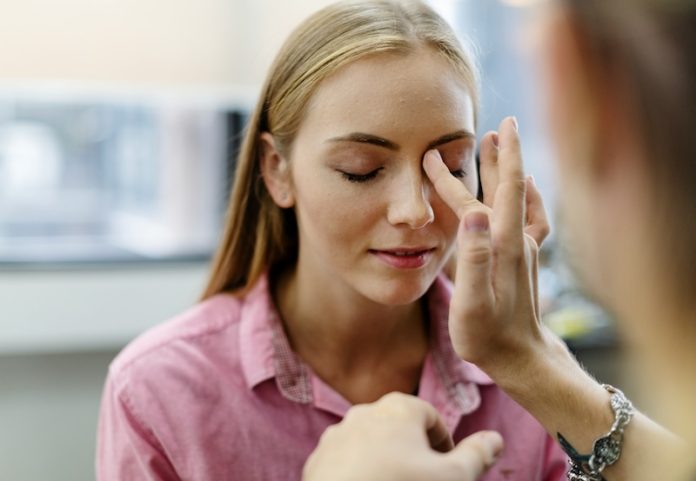
Niacin, also known as vitamin B3, is a common supplement used to lower cholesterol and manage blood fat levels. It’s available over the counter and often seen as a safe way to support heart health.
But a recent case study from the New York Eye and Ear Infirmary of Mount Sinai shows that taking too much niacin can seriously harm your eyes—and even lead to temporary blindness.
The case involved a 61-year-old man who gradually lost much of his vision over the course of a month. When he went to the hospital, he could barely see. His vision had dropped to 20/150 in one eye and 20/100 in the other, meaning he could only make out the largest letters on an eye chart.
At first, he only mentioned having high blood pressure and cholesterol, but later, he admitted that he had been taking 3 to 6 grams of niacin daily for months. He had bought it at a store, hoping to reduce his heart disease risk—without consulting a doctor.
Doctors quickly discovered that this high dose of niacin had caused a rare eye condition called niacin-induced cystoid maculopathy. This condition leads to swelling in the macula, the central part of the retina that allows you to see fine details clearly.
The swelling came from fluid building up in the retina, triggered by the excess niacin. As a result, the man’s vision became very blurry.
While niacin can be helpful for cholesterol control, the safe range for medical use is usually 1 to 3 grams per day. Some patients are prescribed up to 6 grams, but only under close medical supervision. In this case, the man took those high doses on his own, unaware that he was putting his eyesight at risk.
The good news is that his condition was caught in time. After doctors told him to stop taking the niacin, his eyesight began to improve. Within a week, his vision started getting better. After two months, the swelling in his eyes was gone, and his vision returned to 20/20—a full recovery.
This case is a powerful reminder that vitamins and supplements are not always harmless, especially at high doses. Even though niacin is sold without a prescription, it can cause serious side effects if used incorrectly. Other known risks of high-dose niacin include liver damage, skin flushing, and digestive problems—and now, we know it can also cause reversible but severe eye damage.
Here are some important lessons from this study:
Always talk to a doctor before taking high doses of any vitamin or supplement.
Be cautious with over-the-counter products. Just because you can buy them easily doesn’t mean they’re safe in large amounts.
If you experience sudden vision changes, get medical help right away.
The study, led by Dr. Richard Rosen, was published in the Journal of VitreoRetinal Diseases. It shows that even well-meaning efforts to stay healthy can backfire without the right information and medical guidance. In the end, managing your health safely means working with healthcare professionals—not going it alone.
If you care about eye health, please read studies about how vitamin B may help fight vision loss, and MIND diet may reduce risk of vision loss disease.
For more information about eye disease, please see recent studies about how to protect your eyes from glaucoma, and results showing this eye surgery may reduce dementia risk.
Copyright © 2025 Knowridge Science Report. All rights reserved.



